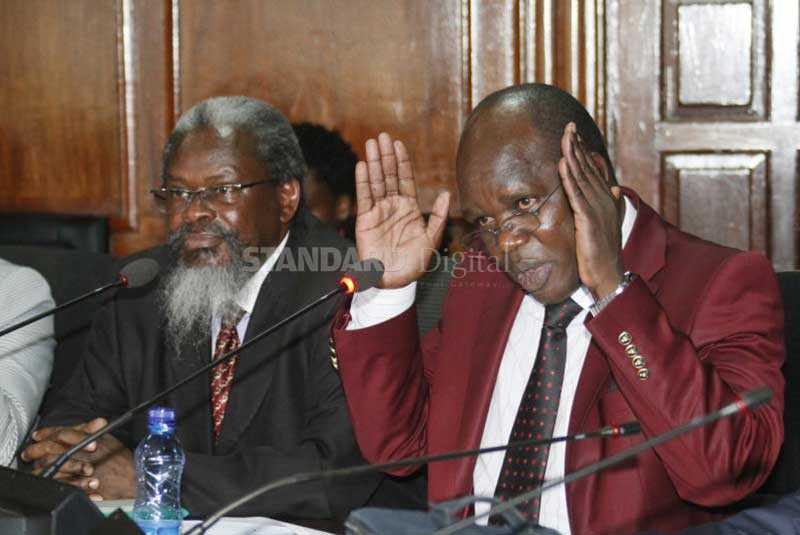×
The Standard e-Paper
Stay Informed, Even Offline

The decision by the National Treasury and Ministry of Education to pull out of university workers' pay talks is the reason students take longer to graduate in public institutions.
As the ongoing lecturers' strike enters its second week, it has emerged that universities have been left to negotiate on their own since 2006, thanks to the government’s failure to send core representation, leading to perennial strikes that disrupt learning and create disturbance.